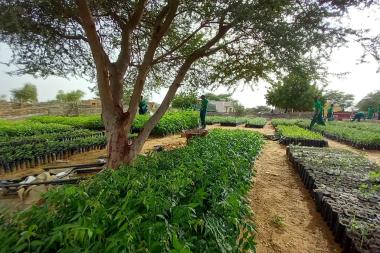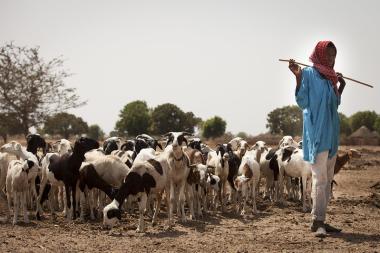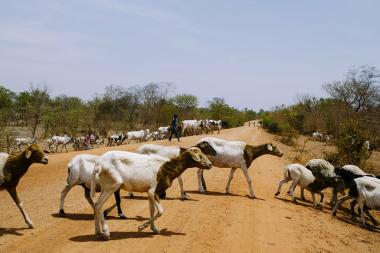Blog
New SPARC research on ‘Peace with Nature’ supports the UN Convention on Biological Diversity
Better management of natural resources can drive ‘peace with nature’ and conflict resolution. Read about our new work on 'conventions locales', participatory rangeland management and peacebuilding.
Publisher SPARC
In the heart of Senegal, the Ferlo Silvopastoral Reserve is more than just a protected area – it is a lifeline for the region’s farmers and herders. But as climate change, population growth, and changing land use pressures mount, this vital, mainly dryland region faces growing challenges. Silvopastoralism is a form of agroforestry that integrates trees, forage, and the grazing of domesticated animals in a mutually beneficial way.
Silvopastoralism: natural resource management (NRM) to preserve nature
Founded in the 1950s, the Ferlo silvopastoral zone was established to reconcile both pastoralism and conservation, as well as to curb the expansion of agricultural frontiers. Although the region consists of reserves and classified forests designated as protected areas, it is now trapped between three major agricultural basins, with evolving spatial dynamics and land use conflicts contributing to its shrinkage and the reduction of pastoral routes. Despite all these constraints, the reserve itself remains peaceful, hosting a significant portion of Senegal's livestock, supporting the livelihoods of herders, preserving crucial ecosystems, ecosystem services and biodiversity.
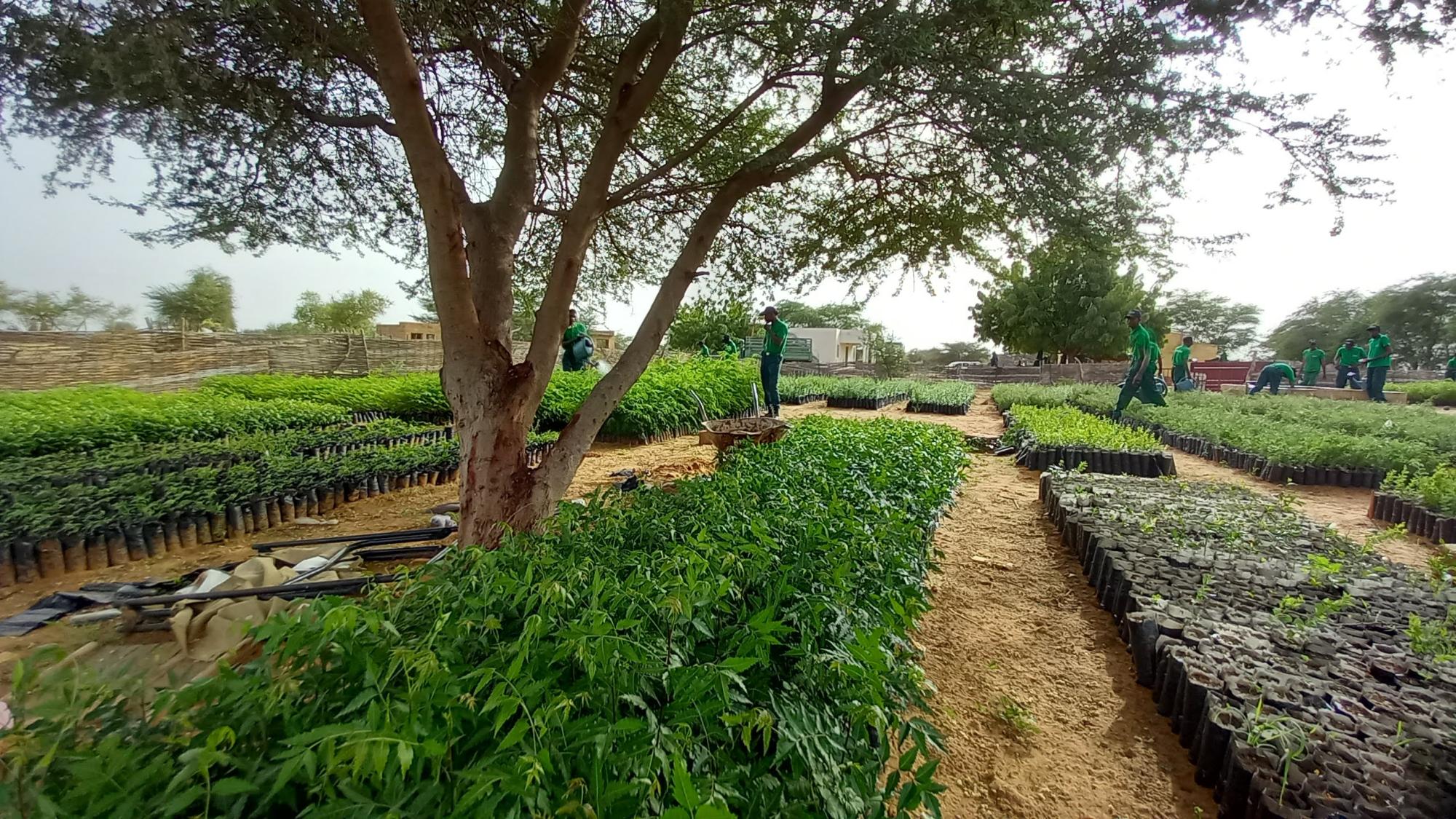
Balancing act: Protecting nature, safeguarding livelihoods and building peace
What makes the Ferlo Silvopastoral Reserve special is that its approach to natural resource management (NRM) shows it is possible to reconcile the needs of people with the protection of nature. By encouraging local communities to work with the land, rather than against it, the reserve provides a model for sustainable, peaceful living that benefits both people and animals.
As world leaders met in Colombia this week for the United Nations Conference of the Parties to the Convention on Biological Diversity (UN CBD COP 16), under the theme of ‘Peace with Nature’, and made the ‘Declaration of the World Coalition for Peace with Nature: A Call for Life’ at a high-level segment of the conference, the reserve offers valuable lessons for meeting global environmental goals. These include the Kunming-Montreal Global Biodiversity Framework (KM-GBF). Initiatives such as the Ferlo Silvopastoral Reserve make vital contributions to the framework’s 30x30 target – protecting 30% of the planet by 2030.
More targeted NRM and peacebuilding interventions
With Peace for Nature now high on global agendas, Supporting Pastoralism and Agriculture in Recurrent and Protracted Crises (SPARC) has developed new research that seeks to better understand how examples like the Ferlo Silvopastoral Reserve and other local NRM initiatives including 'conventions locales' (local agreements between NRM users) in West Africa and participatory rangeland management (PRM) in East Africa can contribute more explicitly to peacebuilding.
Both these initiatives place strong emphasis on building sustainable and socially inclusive governance structures, as well as the capacities of communities to address land and resource management challenges technically. Recent SPARC research has shown how collective tenure and decision-making is a key characteristic of pastoralism resilience. The building of such governance structures, as well as collective planning based on land users’ common vision, are key building blocks for peace.
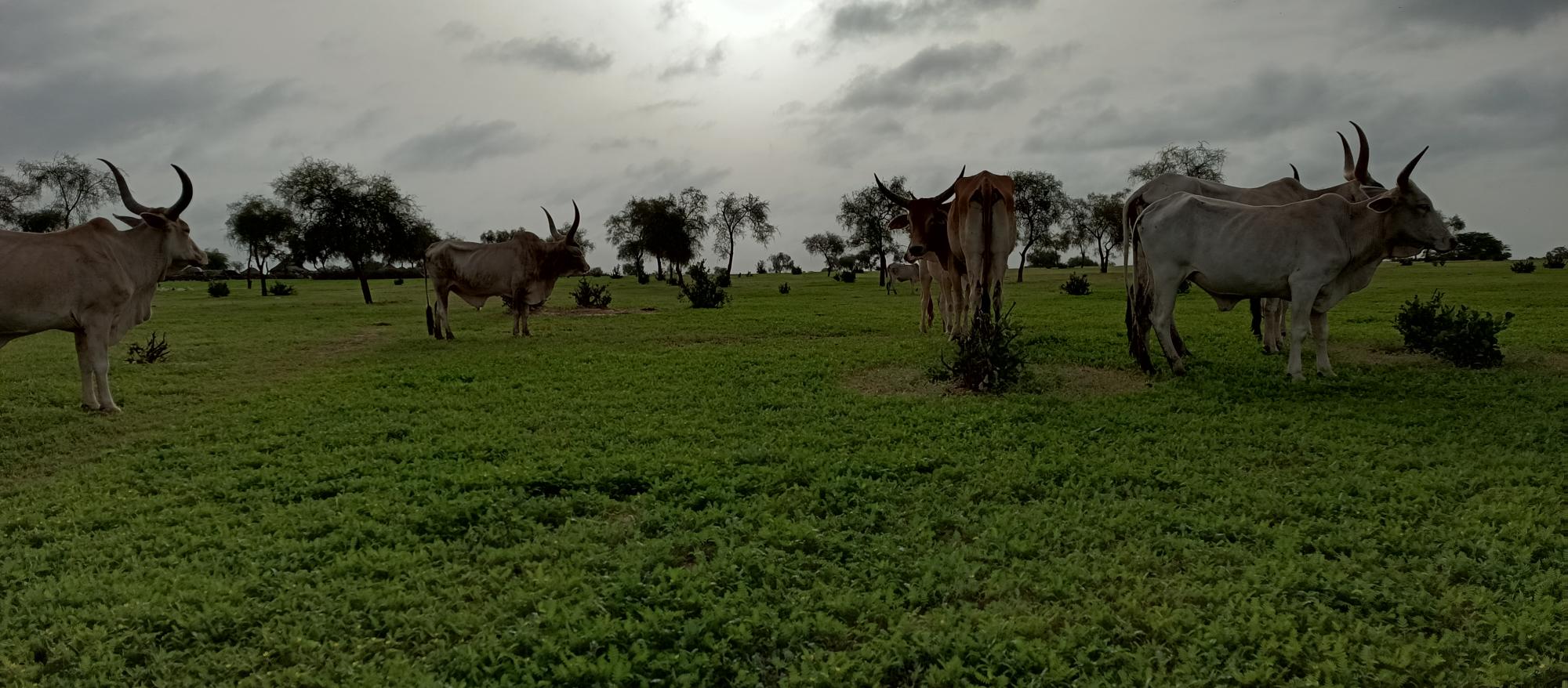
Through SPARC partner CGIAR Research Initiative Fragility, Conflict and Migration, research on ‘conventions locales’ has been carried out in Mali, and initial results will be presented at the Symposium on Agropastoralism in Africa in Dakar, Senegal in November, as a contribution to a regional dialogue on land use conflicts supported by SPARC and its partners. In East Africa, SPARC member organisations the International Livestock Research Institute (ILRI) and Mercy Corps are working with the Intergovernmental Authority for Development (IGAD) to better understand and test how PRM can better (more explicitly) contribute to peace.
An early example of the role that PRM can play in peacebuilding in Ethiopia can be found in a new brief on Environmental Peacebuilding as a Pathway to Peace with Nature, launched at a UN CBD COP16 side event on Peace with Nature through Environmental Peacebuilding: Unlocking Biodiversity’s Potential for Conflict Resolution organised by the Alliance of Bioversity and CIAT.
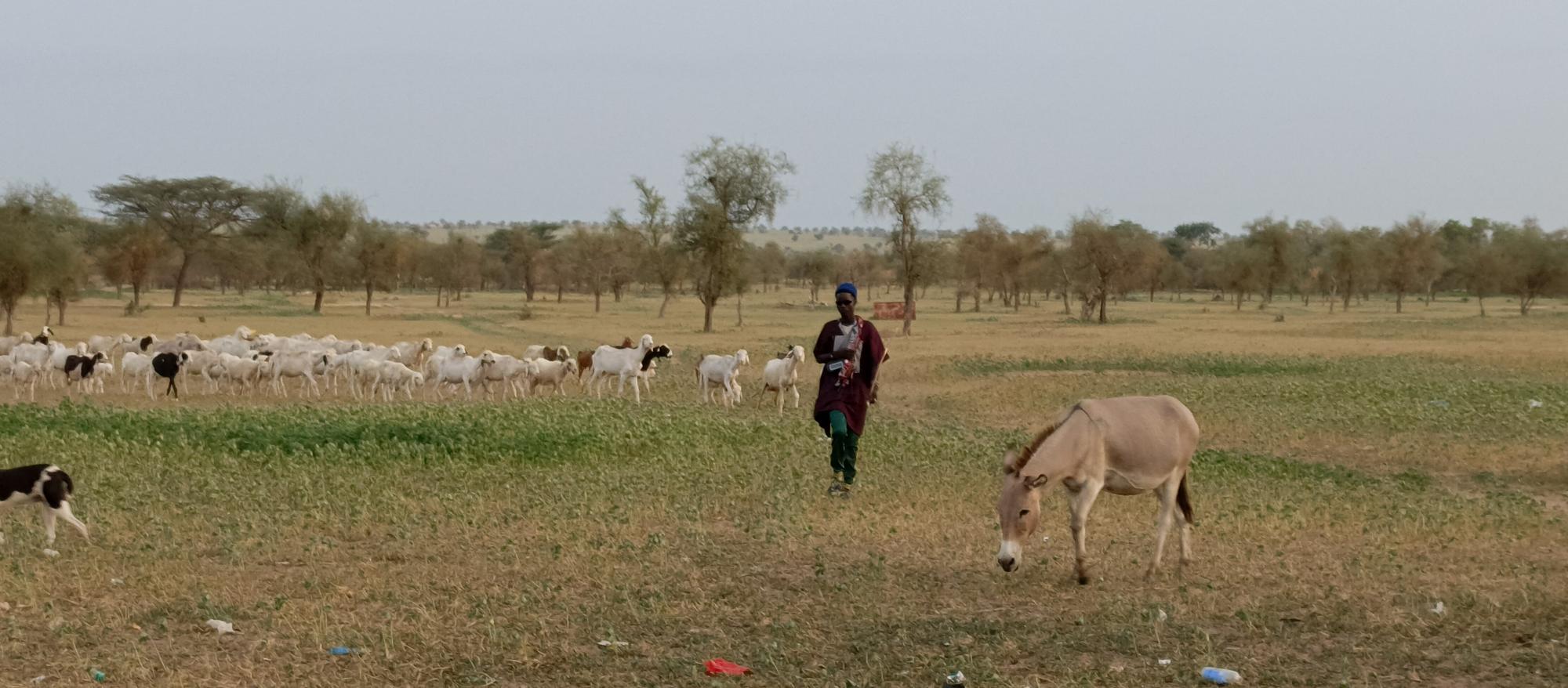
Integrated community-centric NRM approaches are the solution
To achieve 'Peace with Nature' and for this to be sustainable, community-centric approaches such as Senegal’s Ferlo Silvopastoral reserve, 'conventions locales' in Mali and PRM that place the capacity building of communities to better manage and govern their lands at the centre of NRM interventions are vital.
Research on these needs to be accompanied with greater financial investment in these long-term capacity building approaches, rather than the mere talk and development band-aids that have been more commonly seen in the past. Only then will we see the targets of the CBD and KM-GBF achieved and 'Peace with Nature' truly achieved.
- Join us online on Monday, October 28 for a CGIAR side-event, from 9:30 am -10:50 am (UTC-5)/ 5:30pm EAT, on 'Peace with Nature: A Pathway to Achieving the Global Biodiversity Framework Goals and Beyond' at CBD COP16. Sign up here: https://events.cgiar.org/multifunctionallandscapesforpe
